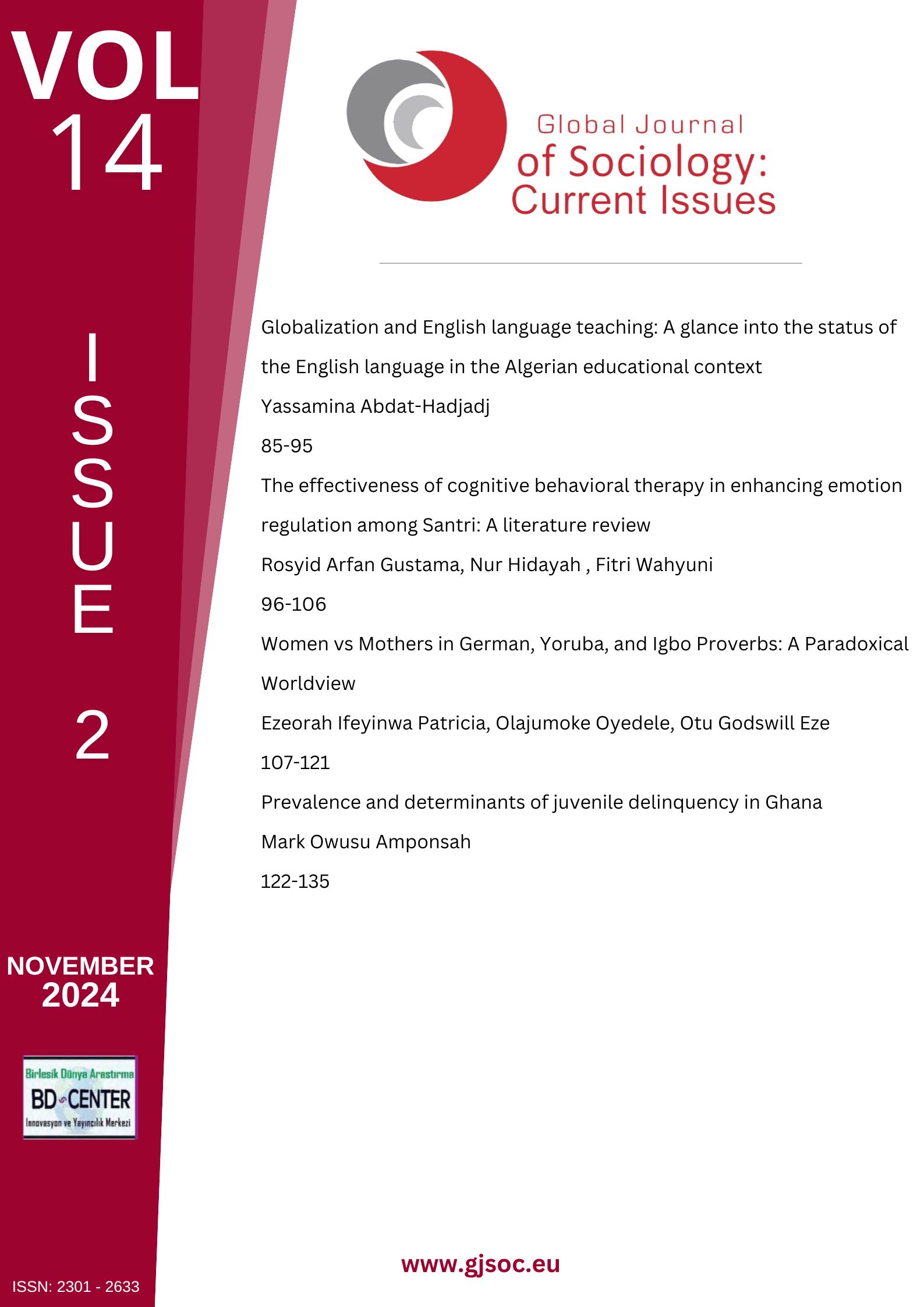The effectiveness of cognitive behavioral therapy in enhancing emotion regulation among Santri: A literature review
Main Article Content
Abstract
Individuals face daily challenges that can evoke negative emotions like anxiety, sadness, and anger, requiring adaptive coping strategies to maintain mental well-being. When individuals are unable to respond adaptively, they may develop maladaptive behaviors, increasing their psychological distress. This study aims to explore the factors associated with maladaptive behaviors and the effectiveness of adaptive coping strategies in managing these responses. Using a systematic literature review, the researchers identified, screened, and analyzed relevant studies. The SLR involved defining research questions, applying inclusion and exclusion criteria, and assessing study quality, resulting in the selection of 10 key articles from an initial pool of 26. Findings suggest that adaptive coping strategies, such as cognitive-behavioral approaches, effectively reduce maladaptive behaviors and bolster emotional resilience. This review highlights the importance of integrating adaptive strategies in educational and therapeutic settings to help individuals navigate stressors and reduce maladaptive responses. Further research is recommended to develop accessible interventions for promoting resilience in everyday life.
Keywords: Behavioral therapy; cognitive; effectiveness; emotion regulation.
Downloads
Article Details
- Authors retain copyright and grant the journal right of first publication with the work simultaneously licensed under a Creative Commons Attribution License that allows others to share the work with an acknowledgement of the work's authorship and initial publication in this journal.
- Authors are able to enter into separate, additional contractual arrangements for the non-exclusive distribution of the journal's published version of the work (e.g., post it to an institutional repository or publish it in a book), with an acknowledgement of its initial publication in this journal.
- Authors are permitted and encouraged to post their work online (e.g., in institutional repositories or on their website) prior to and during the submission process, as it can lead to productive exchanges, as well as earlier and greater citation of published work (See The Effect of Open Access).
